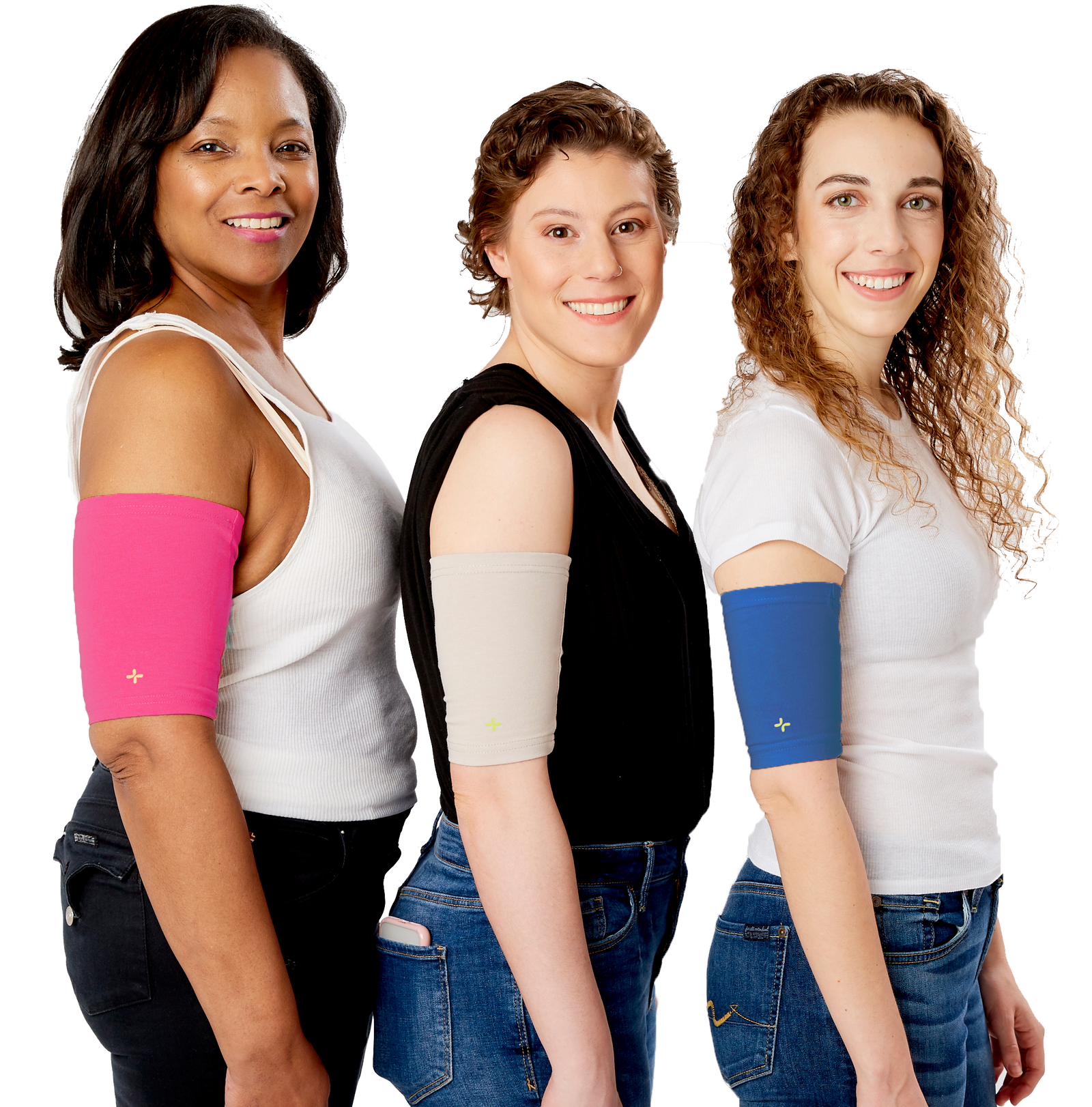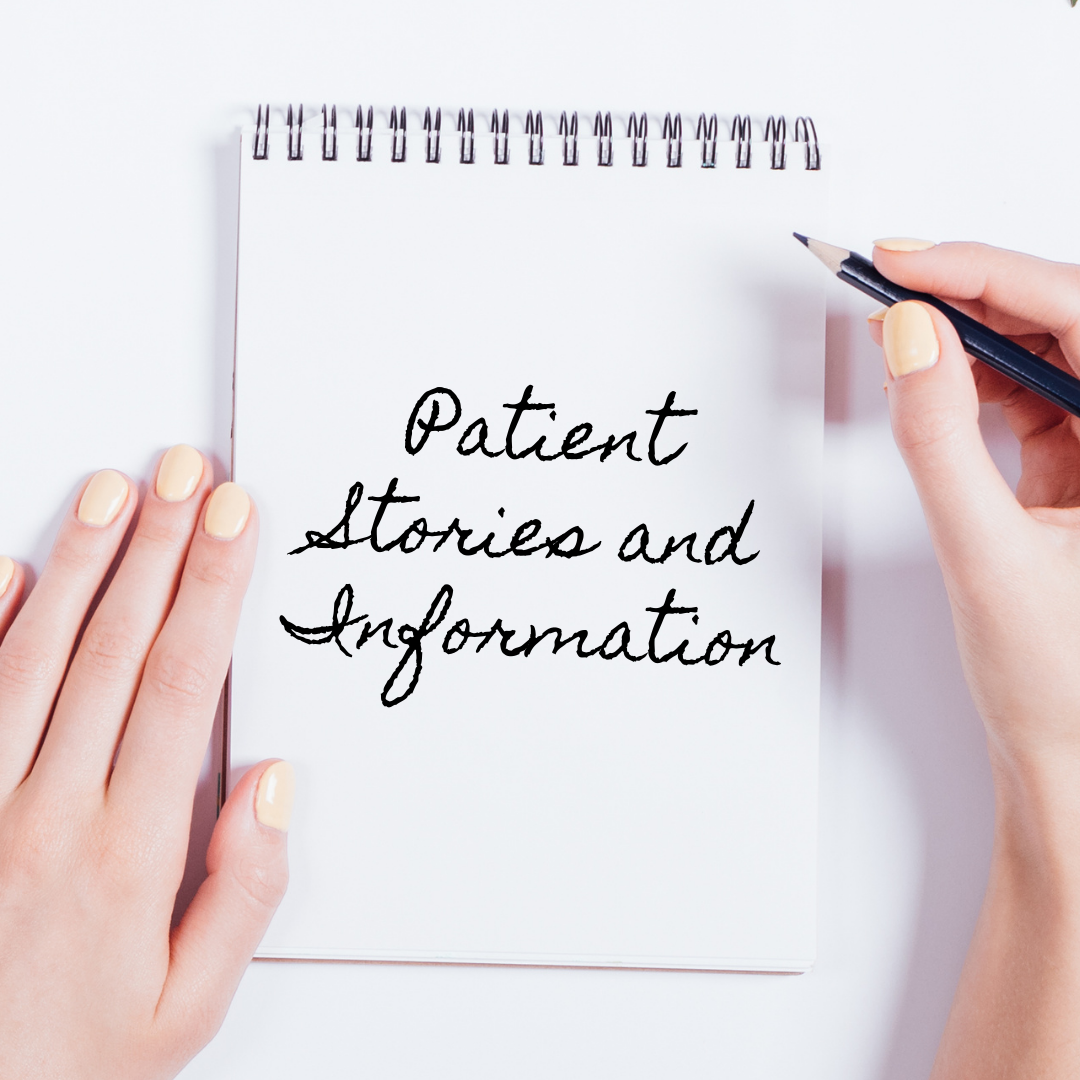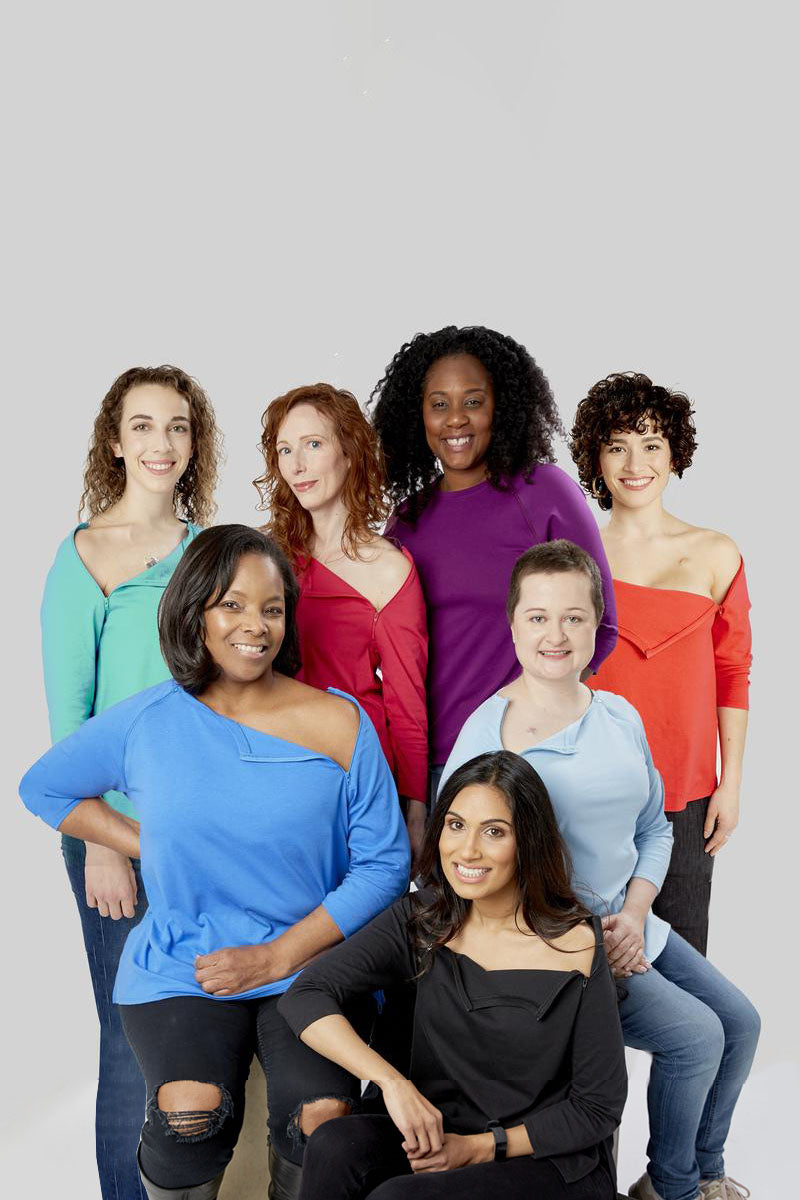Receiving a cancer diagnosis can be one of the hardest pieces of news for both patients and their families. While sometimes it might seem like you’re all alone, there are many different ways that you can receive support, both financially and emotionally. One of our partners is CancerCare, a non-profit organization that focuses on helping patients, caregivers, and loved ones cope with the challenges of a cancer diagnosis. We spoke with Kyle Hornyak and Sarah Quinlan from the organization about how patients can address some of the challenges that they face every day.
Care+Wear: Tell us a little bit about CancerCare and the focus of the organization.
CancerCare: CancerCare is a non-profit organization that provides free, professional support services and information to help people manage the emotional, practical and financial challenges of cancer. We offer a variety of services all provided by oncology social workers and world-leading cancer experts. These include counseling and support groups over the phone, online and in-person, educational workshops, publications and financial and co-payment assistance. Every year we help 180,000 people affected by cancer get the assistance and support they need in the wake of a diagnosis. Last year we were very proud to provide more than $14.2 million in financial assistance to patients and their families. The size and scope of CancerCare has grown tremendously since we were founded in 1944, but it has never wavered from its mission of providing help and hope to people affected by cancer.
Care+Wear: Why should cancer patients and their caregivers consider joining a support group?
CancerCare: A cancer diagnosis can be very isolating and overwhelming for both patients and caregivers. Between reacting and adjusting to various aspects of cancer and the responsibility of finding, managing and paying for care, without help it can be hard to feel confident in your ability to cope or make appropriate decisions. Support groups can offer a network of comfort and encouragement, a place where someone affected by cancer does not have to explain what he or she is going through. While friends and family members might be uncomfortable, or feel unhelpful or scared, not knowing what to say or do, the members of the support group, with the guidance of a trained moderator, can help walk you through your process.
Care+Wear: What are some of the different types of support groups that CancerCare offers and what are support groups like?
CancerCare: CancerCare offers three different types of support groups: online, telephone and face-to-face. Our Online Support Groups take place using a password-protected message board format (not live chat) that run for 15 weeks and are led by professional oncology social workers who offer support and guidance. Our Telephone Support Groups allow people from across the country who share similar concerns to join in a weekly, regularly scheduled, one-hour session. Face-to-Face Support Groups are held in our offices in New York City, Long Island, New Jersey and Connecticut.
Led by professional oncology social workers who are experienced in counseling people affected by cancer, support groups can help not only lesson potential isolation, but also serve as a valuable source of information. In addition to emotional support and comfort, topics often include where to find reliable medical information, how to communicate with doctors, the challenges of treatment and coping techniques.
Care+Wear:How should newly diagnosed patients decide between online versus in-person services?
CancerCare: Deciding between an online versus in-person service is a personal choice based on how you feel the most comfortable sharing your feelings and receiving information. All of our services are free, so fortunately there is no price difference. Typically, we recommend in-person groups or counseling, as in-person meetings can help build your sense of community. Since we’re located in New York, we advise that nearby/Tri-State area patients consider coming to one of our offices, but if you don’t live in those areas, we can help you find face-to-face support groups in your own community.
However, we understand that many patients are limited by their diagnosis, have transportation difficulties or are geographically separated. Those patients and caregivers may find telephone and online support groups more convenient. The most important thing for all groups is that patients and caregivers participate, whether it be face-to-face, online, or telephone. Additionally, much of one’s experience in a support group depends on the chemistry of who is in the group and how it is moderated so consider what format is right for you.
Care+Wear: What advice would you give to newly diagnosed patients and to their caregivers?
CancerCare: Get the best possible healthcare team you can and make sure that you feel comfortable with them - if you have any questions or concerns, you need to be able to reach out to them as they will understand your case better than anyone else. Also, do your best to understand the role of each person on your team and how they benefit you – that way you can avoid frustration if one team member doesn’t know the answer to your question as another team member probably will. Finally, for caregivers, have an in-depth discussion of your loved one’s diagnosis with their healthcare team so you can understand what to do. There is a lot of crazy information out there so do your best to get advice directly from reputable sources.










Leave a comment (all fields required)